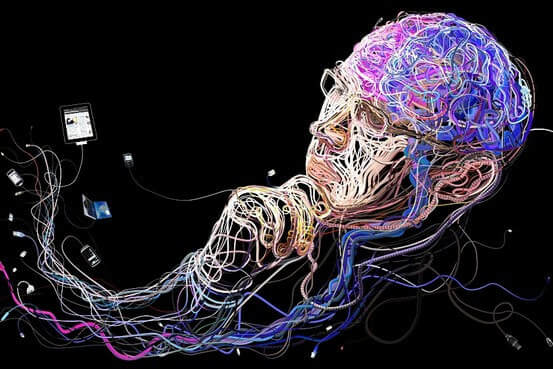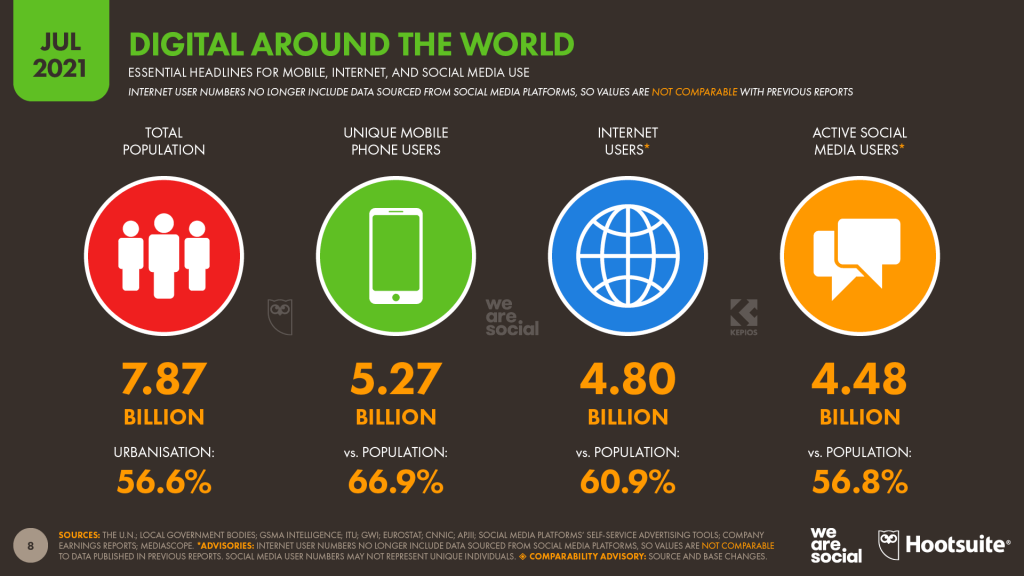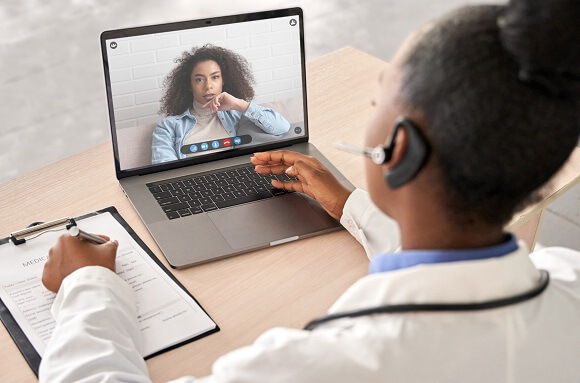Written by Nima, 2021 Cohort
People who have mental illness are trying to reach out to online platforms to share their problems and challenges they are facing and also find groups of people who have the same issues and try to connect with them as a community. These online connections are becoming more and more popular. Future digital media developments could also open new paths for humans to take greater steps to solve mental health problems. There are many reports which indicate that there are a great number of people who have got benefits from sharing their personal stories and challenges they are facing through their mental health problems and this connection gave them the feeling of belonging to a group which is itself one of the great methods in the journey of helping people with mental issues. By learning from other people online, they can make better healthcare decisions.
Development in digital media can also help people get better access to mental and physical wellbeing methodologies, delivered through social media, which can lead to promoting treatment options and reach a wider demographic. There can also be unforeseen dangers, including misinformation and cyber-bullying or trolling, or becoming more uncertain about their mental condition. But, the benefits of digital media in managing mental illnesses seem to outweigh its potential risks.
A very important challenge specialists will soon face is to determine how much of these methodologies people learn in the online world will be used in the offline world, as well and how much of it is actually meaningful and practical.
‘I don’t know what led me to find your videos, but by some sort of luck, I found your videos a month before I was diagnosed with schizophrenia. It’s been a very hard and trying few months but you have given me a lot of hope. So thank you, keep up the good work.’
(Individual with schizophrenia commenting on YouTube)

These types of comments and communication on social media which are very popular, clearly illustrate acceptance, hope and show the power of connecting with peers online. More and more, people with significant mental illnesses like schizophrenia or bipolar disorders are reaching out to social media to talk about their experiences, and learn from each other and give or get support. This communication occurs very naturally and the fact that people don’t really have to see each other in person can help with the process. Being labeled as a person with mental illness and that particular stigma has destructive effects on the quality of life, self-efficacy, and ability to pursue meaningful life goals. For people with significant mental illness, the effects of stigma, feelings of helplessness, and being rejected from society can lead to increased risk of drug use, poverty, homelessness, unemployment, hospitalization, and suicide.
There are also many challenges to find people for clinical treatments. For example, to reach people with serious mental illness, you have to get them out of social isolation, talk to them to use formal health care services, and challenging social circumstances such as dramatic life events or bad home environments. Digital media can offer novel approaches for supporting and engaging this high-risk group.

Social media refers to interactive web and mobile platforms through which individuals and communities share, co-create, or exchange information, ideas, photos, or videos.
Online social media have a very important role in communication between many people’s lives. As we mentioned before for individuals with serious mental illnesses, social media may make it possible to connect easily with others who share similar health conditions and to seek health information without having to reveal one’s identity. Also, many people with mental illness experience symptoms only when they are face-to-face with other people. On the other hand, social media can help them to make social connections with other people without being worried about facing other people in the offline world. Online networks challenge social problems that can happen for people with mental health problems by giving many groups of people their own voice and opportunity for self-expression.
Future scientists should carefully consider how these online connections work and how they can help with supporting people and promoting mental and physical wellbeing. It seems in the future, these potential behaviors may be applicable across all changing social media platforms.

We are now at the very first stages of what will be a significant shift in the way that people with serious mental illness can challenge stigma, access health information to support them, and provide mental and physical wellbeing. It is necessary to closely monitor people with serious mental illness who are now active members of online social media to see how these platforms are helping and what are opportunities that can expand this method.
Coming to an end, digital media can have many significant effects to help people through digital networks feel like they belong, they are listened to, offered support from others online. Therefore, the most important thing is that all these efforts should make continuous improvements in their recovery or mental and physical wellbeing that will be realized in the offline world.